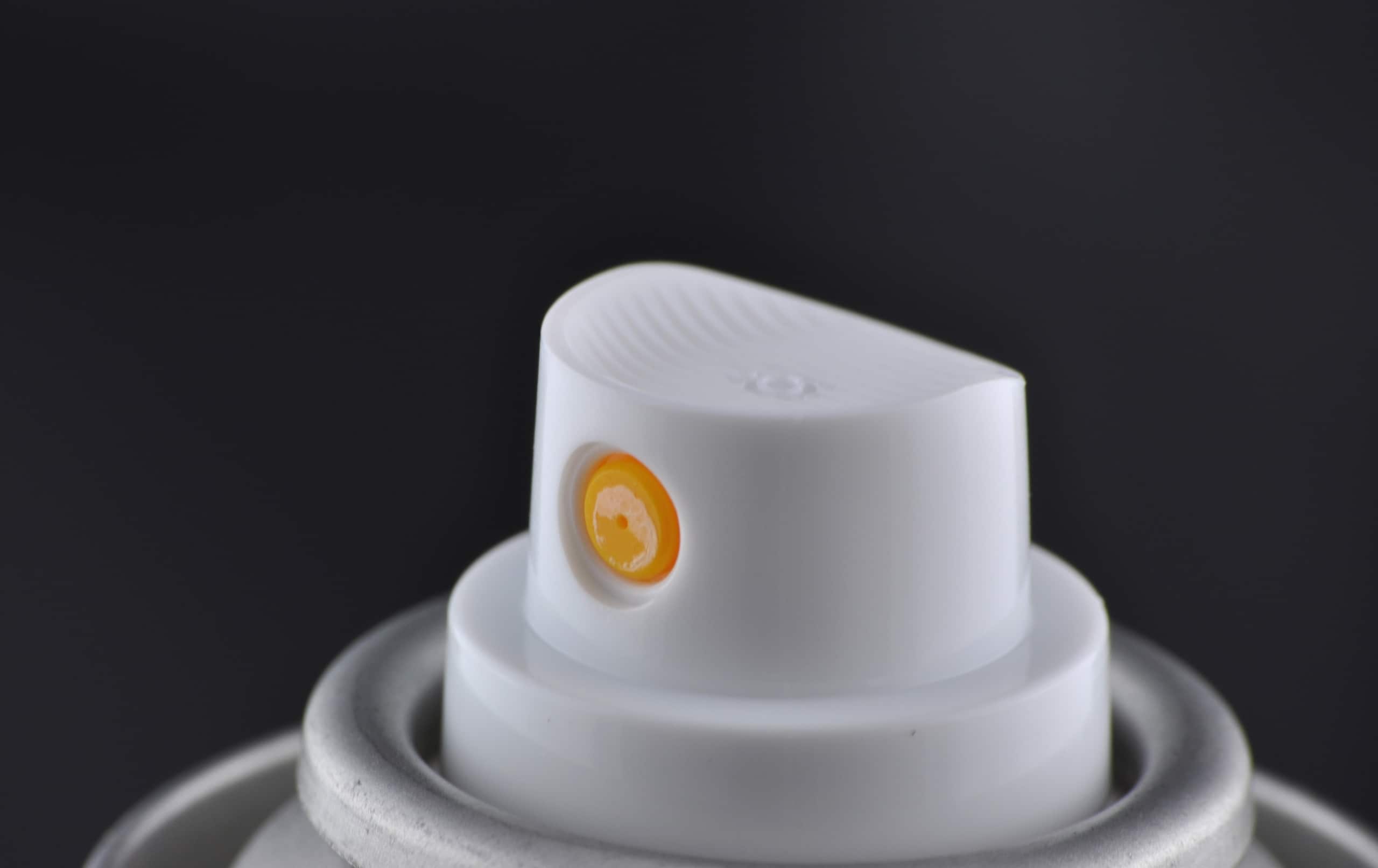Degreasing is one of the most common cleaning operations that requires a specially formulated product that’s designed to cut grease and leave the material that is cleaned grease-free. Some companies choose to purchase degreaser in aerosol form, while other prefer to buy it in liquid form, and use it in spray bottles and/or hand wipe sheets. How do these different forms of degreaser compare to each other? Below, we answer the question using six important criteria.
- Cost Per Order
As long as they are ordered in the same capacity (one-off order, same volume, bulk order, etc.) aerosol degreaser and liquid degreaser require roughly the same monetary investment. However, due to its packaging, it isn’t uncommon for aerosol to cost a bit more than liquid.
- Leftover Cleaner
Cleaner that is leftover from the degreasing operation has two financial impacts: the more cleaner that is leftover, the less cleaner you get for your money, and the more you spend on professional waste removal services. Aerosol is highly effective at preserving the cleaner.
- Ease of Use
Aerosol cleaning solutions can be used right out of the box. So can liquid degreaser, but the user typically prepares it for use in a specific form (hand wipe, spray bottle, cleaning sponge, etc.) In terms of time spent on deployment, aerosol offers the fewest amount of barriers to use.
- Ease of Storage
Because it can be broken down into small, individual containers, right out of the box aerosol degreaser is typically easier to store in various spaces than liquid degreaser that comes in a large container. If your cleaner storage space is limited, using aerosol may be the best option.
- Rate of Dispersal
Aerosol degreaser has an even rate of dispersal, whereas the dispersal of liquid degreaser depends on how it is deployed (wipe form, spray bottle form, pourable form, etc.). If you need a degreaser that has an unalterable rate of dispersal, using an aerosol degreaser is the way to go.
- Range of Use
Aerosol degreaser typically has the widest range of use, as it can be applied to both expansive surfaces and small parts that are tightly surrounded by other parts. This is why some users order liquid degreaser and place it in spray bottles when they need to degrease precision parts.
Contact Ecolink Today
Aerosol degreaser and liquid degreaser each have their place in degreasing operations. However, there are often situations in which one form of degreaser is more efficacious than the other. If you are unsure of whether you need aerosol degreaser, liquid degreaser, or both, the industrial cleaner specialists at Ecolink can help you make the right decision for your needs. Regardless of the form of degreaser you need, we will help you acquire it cost effectively.
For more information about our aerosol degreaser and liquid degreaser products, call us today at 800) 563-1305, or use the contact page on our website. We look forward to supplying you with best in class aerosol degreaser and/or liquid degreaser for your crucial cleaning operations.















